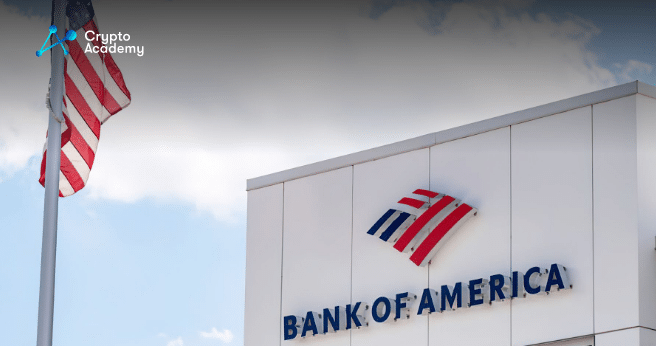Bank of America utilizes AI and metaverse technology to provide immersive, realistic training for over 200,000 employees.
Artificial intelligence (AI) and metaverse technologies are transforming traditional business processes, and Bank of America stands at the forefront of this digital revolution. The financial institution has recently deployed AI and metaverse capabilities to enhance its employee orientation and training programs. Through the introduction of virtual reality (VR) simulations, the bank has been able to provide an interactive learning platform for over 200,000 members of its workforce, as reported by Bloomberg.
Virtual Training Experiences for Real World Situations
The ultimate goal of these immersive VR simulations is to acquaint employees with a variety of scenarios they may encounter during their daily duties. These range from dealing with customer grievances to managing potential security risks. Employees are equipped with VR devices that transport them into the metaverse, where AI algorithms create realistic simulations.
In these virtual scenarios, even the freshest recruits can acquire hands-on experience. This novel approach to training is beneficial as it offers employees an opportunity to rehearse their responses to challenging situations before they face them in real life. The VR environment intensifies the learning experience by invoking emotions and adrenaline rush similar to that of actual circumstances, thereby preparing the workforce for effective crisis management.
Reshaping the Workplace with AI and Metaverse
The move by Bank of America is in line with the trend of businesses leveraging AI and metaverse technologies to create efficient workplaces. Last year, the International Criminal Police Organization (Interpol) also introduced a metaverse-based virtual training center.
The facility aims to educate officers on tasks like passenger screening and document verification. In addition to this, Interpol is also devising methods to ensure law enforcement within the metaverse as it recognizes that criminal elements may exploit these emerging technologies.
The Future of AI in Banking: Opportunities and Challenges
In a related development, Goldman Sachs, another banking titan, started using AI to aid developers in code-writing earlier this year. However, this application of AI is currently in the experimental stage and has not been deployed for production, according to the bank’s chief information officer.
This move was contrary to recent trends in the banking sector, where financial entities such as JPMorgan and Citigroup restricted AI usage, especially OpenAI’s ChatGPT, due to compliance and safety issues. Even Bank of America, while acknowledging the potential benefits of AI, exercised caution and decided against the use of ChatGPT, primarily over data protection and safety concerns.
However, Bank of America’s use of AI and the metaverse for employee training clearly demonstrates its belief in the positive potential of these technologies. While it treads carefully in matters of data security, the bank also embraces the innovative prospects AI and metaverse have to offer.
In another tech-related news, Bank of America sparked controversy for its alleged aversion to cryptocurrencies. The bank reportedly closed a customer’s account because that person used the account for crypto transactions via Coinbase. Brian Armstrong, CEO of Coinbase, took to Twitter to investigate if there were similar instances. The situation illustrates the ongoing tension between traditional financial institutions and the emerging digital currency market. Despite this, Bank of America’s innovative training approach underlines its willingness to evolve with the digital era, even while it navigates its path cautiously.

